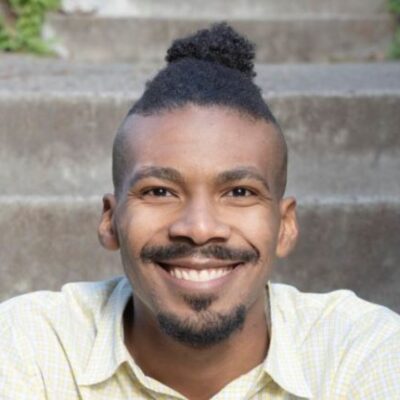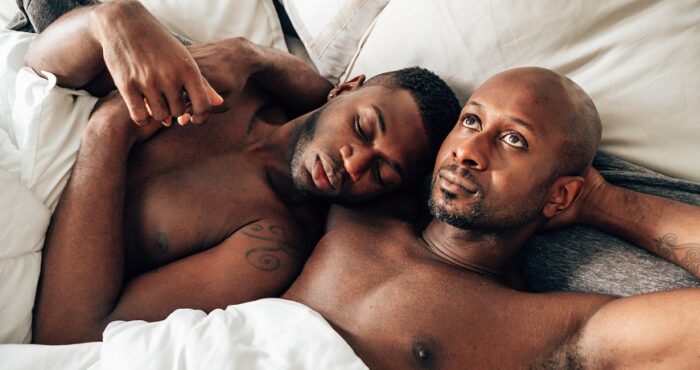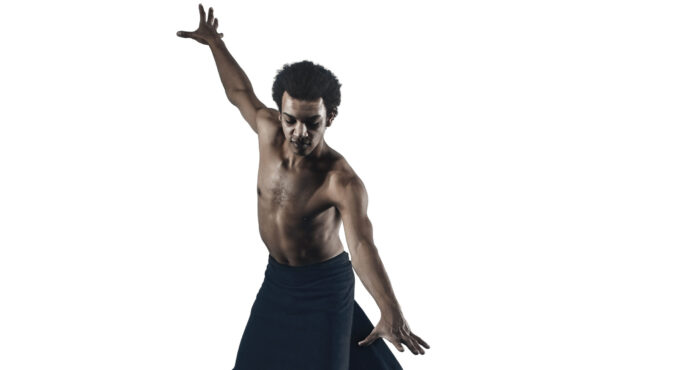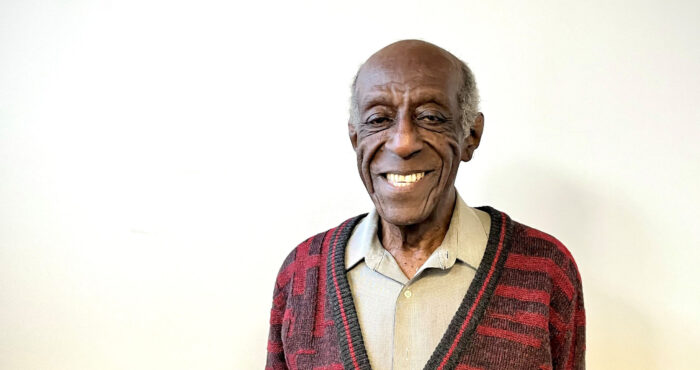“Isaac’s Song” speaks to every Black Queer son

When I first encountered Dr. Daniel Black’s “Isaac’s Song,” I felt seen in a way that few books have managed to accomplish. The book, which follows a young queer Black man finding his voice in 1980s Chicago at the start of the HIV/AIDS epidemic, isn’t just another coming-of-age story – it’s a radical act of literary healing.
As a Black, queer man myself, my experience of life has always been layered – a complex intersection of identities that sometimes feel like they’re pulling in different directions. Dr. Black’s novel speaks directly to this complexity, offering a mirror that reflects not just parts of my story, but a common experience of many Black queer men searching for acceptance and understanding.
“Stories give people the opportunity to see themselves in ways they would’ve never imagined alone,” Dr. Black says, speaking words that feel like they’re meant especially for me. “A book has the power to rearrange a person’s assumptions and to make them consider something differently.”
“Isaac’s Song,” which has been described as “hope-infused” and “triumphant,” uses the example of one protagonist to tackle a more broad conversation about the thorny relationship between fathers and sons in Black families – particularly when those relationships are complicated by questions of sexuality and gender expression.
“Very often, the tension between fathers and sons surrounds the question of manhood or masculinity,” Black explains. “Fathers often go out of their way to shape a boy into the kind of heteronormative object society prefers. When sons resist, fathers fight hard to drag recalcitrant sons to the place of masculine achievement.”
The cost of this resistance, Black notes, is steep. “The first cost is a father’s disapproval.” It’s a theme that resonates throughout “Isaac’s Song,” where the protagonist’s journey toward self-acceptance must navigate the a battlefield of paternal expectations and societal pressure.
I, like Isaac, know intimately what it means to seek a father’s approval. The weight of that desire shaped my early years in ways both subtle and profound. I remember consciously changing my voice to sound deeper, more “masculine” around my father. I had snatched my voice from its lighter place, and stripped it of its natural lilt. I intentionally avoided dressing the way of other more openly queer kids in high school– nothing too expressive, nothing that might hint at me being different. So, what was I actually wearing? A costume of conformity.
These are moments where I performed, much like when I’d catch myself mid-gesture, monitoring my mannerisms, swallowing certain words before they could escape. I tried to inhabit the space of masculinity that Black fathers often carve out for their sons – strong and stoic. The unspoken understanding was clear: there were acceptable ways to be a Black man, and my natural way of being wasn’t one of them. “Oh, just wait until I get to college,” I kept saying to myself.
But like Isaac in Dr. Black’s novel, it wasn’t just time and getting older that moved me along my transformation. It was the conscious decision to go to therapy. In a gradual unfurling in those safe spaces, I began to question why I was contorting myself to fit into someone else’s definition of manhood. Each session became a small act of resistance against the pressure to perform heteronormative masculinity.
The first time I told my dad that I was seeing a guy was terrifying. It was such a small act of authenticity, but it felt like stepping off a cliff. The next time, I wore the bright yellow sweater I loved instead of the muted colors. I then started changing my hair, opting to grow it out longer and try more expressive styles, perhaps styles I modeled after Black women. These weren’t acts of defiance – they were moments of choosing myself, of allowing my true self to exist in his presence.
What Dr. Black captures so powerfully in “Isaac’s Song” is this precise journey: the cost of resistance against prescribed masculinity, but also the profound freedom that comes with authenticity. Like Isaac, I discovered that while a father’s disapproval carries real weight, the burden of perpetual self-denial is far heavier.
Many of us in the Black queer community have walked this path. We’ve all, in our own ways, had to navigate the treacherous waters between authenticity and acceptance, especially with our fathers. But what I’ve learned, what Isaac learns, and what I hope other all Black queer people will discover, is that the real triumph isn’t in gaining approval – it’s in no longer needing it to exist as yourself.
The freedom I found wasn’t in my father’s eventual acceptance (though that did eventually come), but in my decision to exist authentically regardless of his response. Like the therapeutic framework that Dr. Black employs in “Isaac’s Song,” my own therapy helped me understand that while I couldn’t control my father’s reactions, I could control my response to them. I could choose to live in the fullness of who I am.
When both Issac and I found our self-expressed freedom, our fathers enjoyed seeing their child be happy. That is only every parent’s dream– to see their children be happy. That has the power to change hearts and bring forth acceptance.
That’s the real gift of stories like “Isaac’s Song” – they remind us that our journeys toward authentic self-expression, though deeply personal, are part of a larger journey that bends towards hope. When Dr. Black writes about the cost of manhood rejection, he’s speaking to an experience that resonates across generations of Black queer men. But he’s also pointing toward the possibility of transformation, toward the freedom that comes when we finally allow ourselves to simply be.










